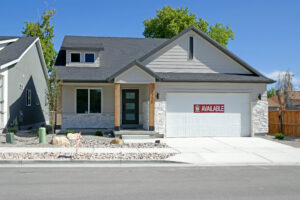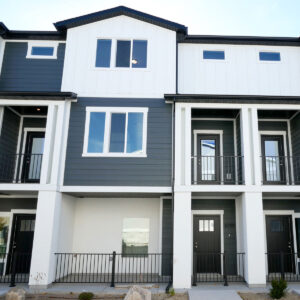When you’re ready to purchase new build townhomes or move-in ready homes, you can find many options with numerous benefits. You will enjoy tax benefits, an appreciating investment, a better credit score, and the freedom to personalize your space.
The best part is you don’t have to break the bank to pursue new home construction. Here are the factors to consider when buying an affordable new home.
Budget Planning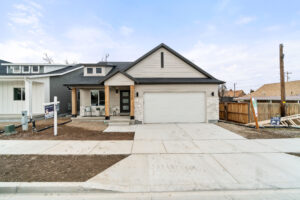
Start by creating a budget for all possible costs, including property taxes, down payment, homeowners’ insurance, monthly mortgage payments, and maintenance costs. To establish your budget, get a mortgage pre-approval to know how much of a loan amount you can get, so you only look for houses within that range.
Location
The correct location is crucial when seeking affordable new homes. Consider the proximity to schools, workplaces, public transport, and other amenities. Is the area safe? Research the neighborhood’s safety statistics and crime rates so your loved ones can enjoy a secure environment.
Home Size and Layout
How many bathrooms and bedrooms will your family need? Ensure the new home matches your requirements. Choose a home that accommodates your evolving family’s lifestyle preferences.
 The Home’s Condition
The Home’s Condition
When seeking affordable homes, you may choose between resale properties and move-in ready homes. The latter has modern amenities, requires low maintenance, and often includes a one-year builder warranty. A resale home, on the other hand, may have established landscaping and personalization. Take the time to inspect the property for hidden issues that may require costly maintenance.
Affordable Features
Ensure your prospective home has energy-saving features like energy-efficient heating and cooling, sound insulation, and more. These features are more likely in a new-build home, which uses the latest materials and technology. Ask about the fees charged by the homeowners’ association, if applicable, as it can affect your monthly costs.
Resale Value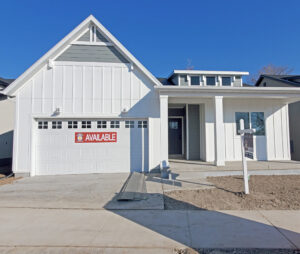
While you want a home to live in now, consider the future, too. Analyze the appreciation trends within the neighborhood to grasp the area’s market potential. Select a house with a solid appreciation potential.
Additional Costs
Remember to factor in extra costs like ongoing maintenance, property taxes, closing costs, and homeowners’ insurance. For example, consider buying newly built townhomes, as they require less maintenance.
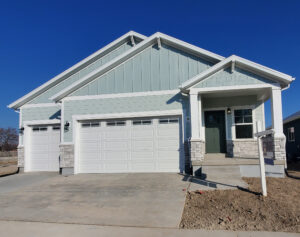 Future Development
Future Development
Is there any planned development in the neighborhood? New amenities or infrastructure can bolster your quality of life and elevate the area’s value.
Homeownership Responsibilities
Homeownership comes with new responsibilities, including regular maintenance, potential homeowners’ association rules, and property taxes. Prepare for these obligations for peace of mind and to maintain the home’s value.
Community Engagement
After purchasing a house, you will find new home communities. Connecting with the residents helps you understand the area’s vibe and possible challenges so you can adapt accordingly.
Market Research
Look into the neighborhood’s property market trends to inform your buying decisions. A good understanding of the market is what you need to up your negotiation game and invest wisely.
Homeownership Goals
Are you buying a home as a long-term investment, or do you need a starter home to upgrade later? Know your objectives to make sound decisions.
Financing Options
Consider the available mortgage options, including adjustable and fixed-rate mortgages. Consult several lenders while comparing their interest rates and overall terms. Use the information to secure a deal that suits your budget needs.
Buying an affordable home requires a thorough assessment of the home’s condition, layout and size, location, resale value, future development, additional costs, homeownership responsibilities, and much more.
Contact us to learn more about buying your dream house.

